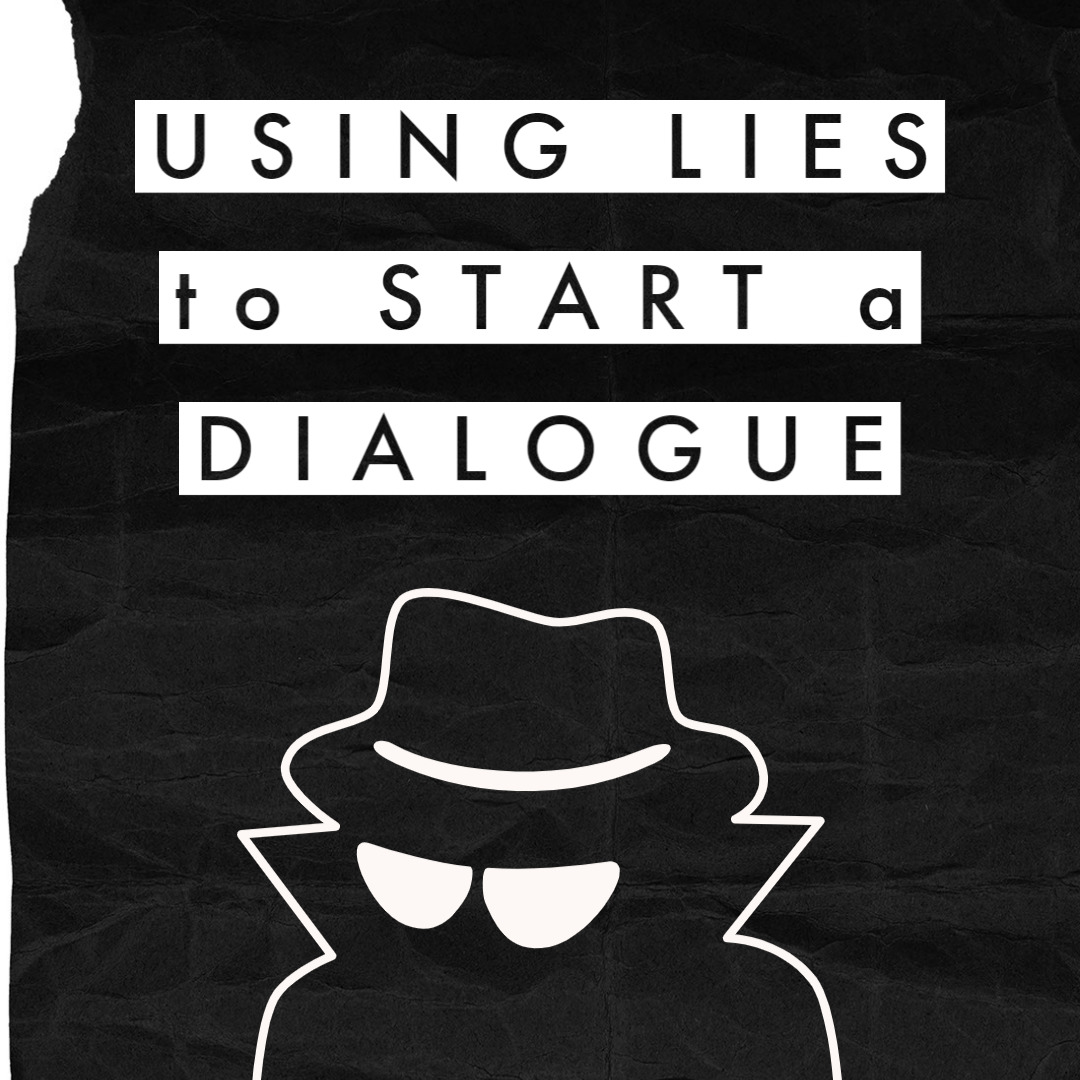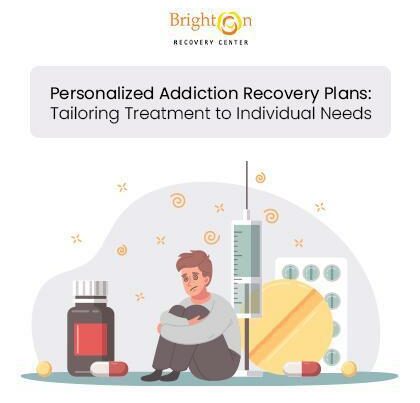Using Lies To Start a Dialogue

The emotional toll that addiction can take on an entire household is immense. As one member of a family struggles with an addiction to drugs or alcohol, the atmosphere of the entire household can change. The additional stress, anxiety, frustration, sadness, and resentment can all become part of daily life, and this fragile circumstance can create a number of difficulties for all of those who live under the same roof. Those suffering from addiction may deny their use, or continue to express that they have control over the situation. However, these notions can develop into further lies, and introduce distrust into an already fragile situation. Being able to identify the lies that a person may be saying is just one step in healing. However, catching a lie doesn’t mean that the person is lying out of any kind of malicious intent. Rather, this can be an opportunity to explore why a person would decide to lie about a certain subject, and may even open an individual’s eyes when they may not have been aware they were lying in the first place.
Catching Lies
Catching a person lying can create a lot of anger or resentment, and sow seeds of distrust between people very quickly. However, those suffering from addiction may be unaware of how many lies they are telling or may continue to lie in order to avoid facing the truths about their developing addiction. For some, this can take the form of denying one’s use of drugs or alcohol outright, directly lying about their sobriety. Others may admit to drinking but may lie about the amount that they regularly drink, such as saying that a person went to the bar and only had two beers, when in fact they actually drank multiple mixed drinks with hard liquor.
Drastic circumstances may have a person saying they are staying late for work on certain days in an attempt to free up time to go to the bar without being questioned. Catching a person in these lies can feel devastating, but that doesn’t mean anyone has to immediately act on their anger. Rather, it can be more beneficial to take it slow and work to create a dialogue using this evidence.
Don’t Take It Personally
More often than not, those suffering from addiction aren’t lying with the intention of hurting anyone. It is common that a person may lie about their use of drugs or alcohol in an attempt to help spare a person from the stress and suffering that they feel each day. Regardless of this ill-advised practice, it is possible that a person is lying about their developing addiction in an effort to protect those around them. An individual suffering from addiction may also lie as they try to overcome their addiction on their own without having to bring anyone else through the inevitable difficult times ahead. It is also possible that a person can be lying without knowing it, and truly either aren’t aware of how much they are drinking at a time or don’t realize that their drinking has become a daily practice. Lastly, a person could be lying with the intention of trying to fool themselves, rather than trying to hide or lie to a loved one with malicious intent. A person could feel that if they continue to deny the problem, then it cannot exist. These lies are born not out of a desire to lie to others, but to oneself.
Starting a Dialogue
A person caught lying has already indicated they are aware there is a problem that needs to be addressed. If someone is changing the number of drinks they had when they recount their story, it means they are either aware they are drinking too much or feel others will perceive it as drinking too much — so they desire to hide that fact. This can become a launching point for a dialogue. Catching lies, especially when a person has evidence to prove that what was said wasn’t truthful, also creates a scenario where a person has to confront the truth and can’t simply claim that a person is lying to them in turn. This can include taking photos of empty bottles after a night where an individual said they weren’t drinking at all or finding drugs hidden in a person’s room when they said that they haven’t been using. This is beneficial, as it can take the focus off of an interpersonal argument or simple accusations and present a person with hard evidence that cannot be denied. Addressing an individual’s lies with this evidence, and without acting immediately on emotion and anger, is essential in creating a fair and open dialogue that can set up a unified front against addiction. Opening the dialogue and showing a person how their drinking or drug use has affected the others in the house, especially if they were lying to protect others, can be a life-changing experience that shows the extent of one’s use. Lies aren’t always malicious. Rather, it means that it is time to have a very serious, very personal conversation.
Coming to terms with the truth surrounding addiction is a painful experience. If you or a loved one are struggling with addiction to drugs or alcohol, or are suffering from co-occurring mental health disorders, Brighton Recovery Center can help you today. Nothing about addressing addiction is easy, but our supportive staff and expansive campus can help you find an approach that helps you take that first critical step towards sobriety. With a number of different programs available, from detox to sober living, partial hospitalization programs, and intensive outpatient care, we are ready to help you in any way we can. Your time with us can be personalized to fit your own needs and goals in recovery, all while working alongside professionals and peers to develop a strategy that fits your own interests and goals for the future. For more information on how we can help you take the first step in your recovery, or to talk to a caring, trained professional about the options available to you, call us today at (844) 479-7035.



